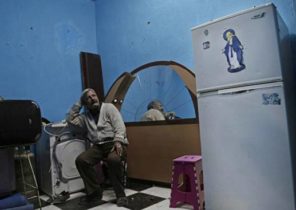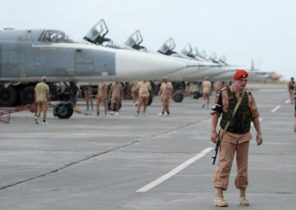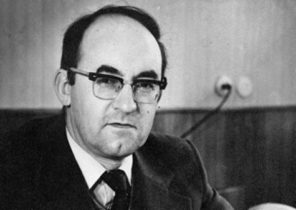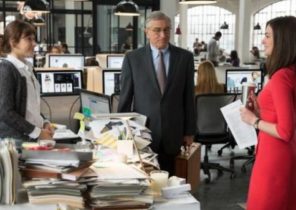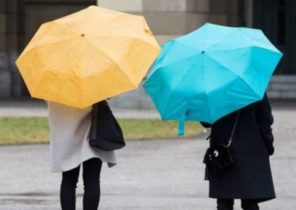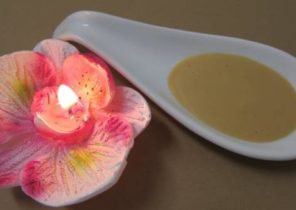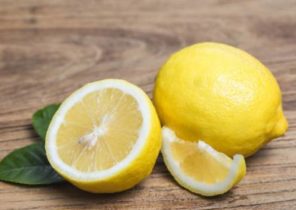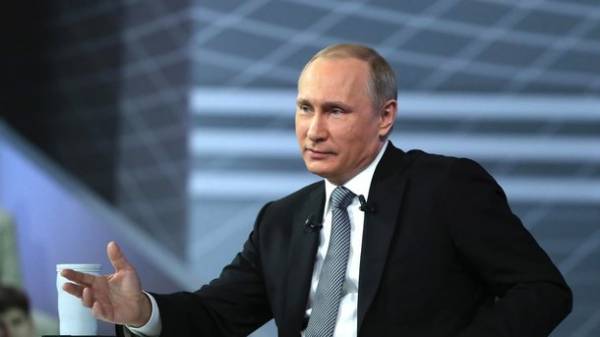
In March 2018 in Russia will be held the next presidential election. According to experts, the chances of Vladimir Putin to win is quite high because the competitors had, in fact, not. However, before his staff and technologists is a difficult task to ensure a high turnout and support for Putin is at 80% and create the appearance of competitive democratic struggle. We are much more worried about how Putin will use the theme Russia-occupied Crimea and Donbass in his election campaign? Could Putin go for another escalation in the Donbas, the recognition of “DNR”/”LNR” or even the annexation of the Ukrainian Donbass, in order to increase your ranking? Because in 2014, after the illegal annexation of Crimea according to the “Levada center,” Putin’s rating is the fourth time we’ve reached the maximum performance at 86%. He is now not much lower: according to the “Levada-center” in August of Putin approves 83% of Russians. Therefore, according to the opinion of Russian experts, Putin hardly wants to use the card of Donbass and Crimea in his campaign. Rather, his team will focus on future economic and social benefits that the Russians receive by Putin. On the other hand, no wonder that the state Duma has postponed a presidential election in Russia on 18 March – on the day of the illegal annexation of Ukrainian Crimea.
“Well, I think, thank you.” So Putin responded to the request of one of the residents of the Cheryomushki village to run for another presidential term by teleconference on 4 August at the meeting in Buryatia, which the President of the Russian Federation held with the regional administration on liquidation of consequences of forest fires.
The next presidential campaign, probably the most closed of all that has ever been held in Russia. During the six months before the election date is not known even an approximate list of candidates, not to mention their election programs. For example, when Putin was already going for a third six-year term in 2012 (from 2000 to 2008 he was President for two consecutive terms, and then to 2012 was Prime Minister, which allowed him to go back to the presidents), on the nomination of its candidate from “an United Russia” it became known even before the elections to the state Duma in September 2011. Now the courtiers of the Russian media and experts put forward a variety of versions of events and conspiracy theories from the possible nomination of Putin, before appearing in the arena competitor. Not long ago, experts of Fund “the Petersburg policy”, even made a rating of the possible successors. Twenty was headed by Prime Minister Dmitry Medvedev on the second place – Moscow mayor Sergei Sobyanin, but the three leaders closes the Governor of Tula region Alexey Dyumin. The Russian defense Minister Sergei Shoigu, who a year ago was named the most likely successor to Putin in the ranking took fourth place.
But knowing the subtleties and intricacies of Russian politics, the emergence of such a rating is either a distraction, or probing the soil. The real competitors Putin there is no Russia and real opposition. Therefore, his nomination is for a fourth term, as in his victory, no one much doubts. Another question is how to ensure a sufficiently high turnout? “Because it may be that the voter will be fairly apathetic and lazy: why go to vote, if Putin’s gonna win?”, said Today the first Deputy Director of the Institute of world policy Serhiy SOLODKY.
Here’s something Putin and his team and can come to help the old and proven methods of mobilization of the electorate, provocation, escalation and intimidation. According to Sergei SOLODKY, his election campaign, Putin began to build in February 2014 with the Crimean war and the “Russian spring”. According to the sociologist, the expert of “Levada-center” Denis Volkov, after the annexation of Crimea, Putin’s rating in the fourth time have reached their maximum performance, an increase from 60% to 86%.
“The policy in the Crimea and Ukraine, Putin has managed to turn himself into a hero for the nationalists (gatherer “of Russian lands” – Ed.) which on behalf of the Kremlin controls the politician is a veteran of Vladimir Zhirinovsky and his liberal democratic party of Russia (LDPR)”, – wrote in his newspaper article the Director of the Moscow Carnegie Center Dmitri Trenin.
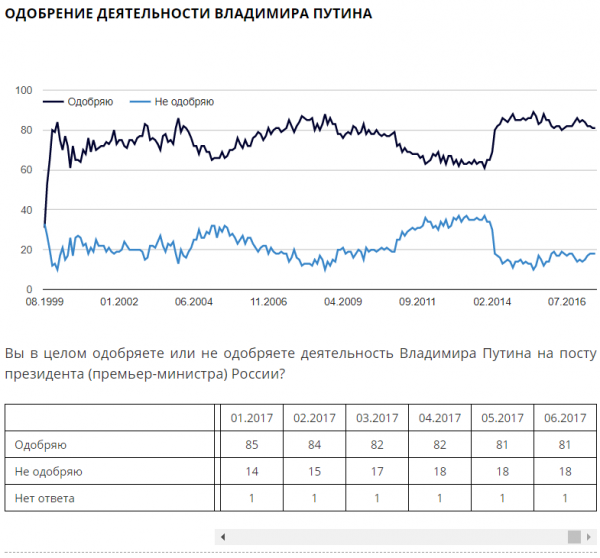
That is why, according to first Deputy Director of the Institute of world policy Serhiy SOLODKY and senior analyst at the European Council on foreign relations (ECFR) Gustav Gressel, may 24 the state Duma and postponed presidential elections on the anniversary of the “Anschluss” – on the day of the annexation of Crimea by Russia on March 18. “Already at the level of symbols, the Russian government gives to understand the world and his countrymen that Crimea and Ukraine will be at the peak of this election game. To what extent? It seems to me, Putin does not have to resort to more large-scale military campaign. To a certain extent the current situation it is even beneficial. He doesn’t have the extra time to justify that he is the aggressor. He can continue to tell and scare Ukraine’s voters: if you don’t want worse if I didn’t want chaos, anarchy, and war – vote for me”, – said the “Today” Sergey Solodkiy.
That is, in the election campaign of Putin in the course can go provocations in the Donbass, the capture of spies, saboteurs from the Ukrainian special services and something like the recognition of documents “DNR”/”LNR”. But recognition of these illegal quasi-groups, and especially to the annexation, the Kremlin will not go. If only Putin’s rating does not collapse to record low levels. Now, according to experts, the prerequisites for this. And according to all-Russia centre of studying of public opinion (VTSIOM), only 17% of Russians are ready to accept “DNR”/”LNR” to Russia. Another 25% of Russians are ready to recognize the “DNR”/”LNR” as an independent state (c of 2014 this figure rose to 12%). Much more interesting that 61% of Russians believe that Russia should further assist the militants in the Donbas, and about 81% supports further sending so-called humanitarian convoys. That is, Russia probably will continue to help the “fraternal Donbass”.
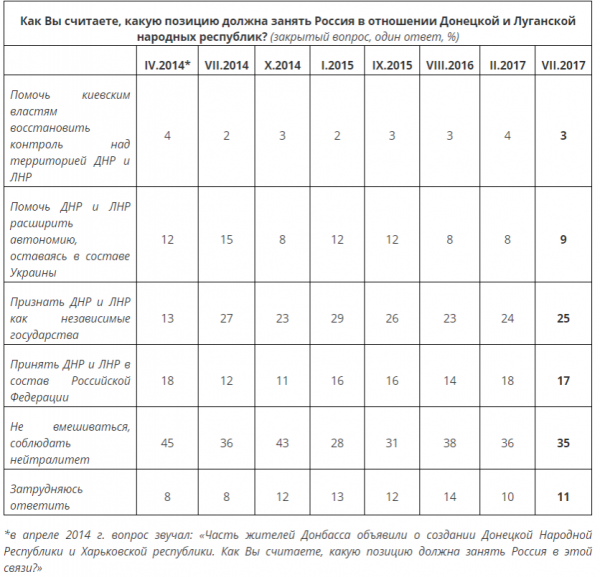
However, as previously wrote “Today”, March 4, 2014, in the residence of Novo-Ogaryovo answering a question of journalists, does not consider whether Moscow’s accession of Crimea to Russia, Vladimir Putin replied: “No, do not consider”. And this is considering the fact that then Crimea is already being wielded “little green men”. Immediately after the recognition by Russia of the document “DNR”/”LNR” some Ukrainian experts do not rule out that Moscow on the eve of their presidential elections can implement in the Donbas Ossetian-Abkhazian scenario September 2008 – Russia’s recognition of “DNR”/”LNR” and signing agreements with them on friendship, cooperation and mutual assistance.
However, in an interview with “Today” head of the program “Russian domestic politics and political institutions,” Carnegie Moscow Center Andrei Kolesnikov said that for Putin Ukrainian theme has faded into the background and now it is more busy domestic agenda, and the emphasis he will have to do on the economic and social “achievements”. “Moreover, he was hardly interested – despite the election campaign – in excessive mobilization of anti-Ukrainian sentiments, as, indeed, anti-Western: the degree of hatred and aggression in society, and so too great, not his interest to the mass consciousness out of control. In the inertial scenario will continue the rhetoric justifying the annexation of Crimea, coupled with an angry denial of the presence of Russia in the East of Ukraine with the shifting of responsibility on the Ukrainian side and imitation “productive” cooperation in the framework of the Normandy format. However, no one is immune from excesses of any kind from either side – and then a possible scenario for escalation. But again, it is not now a priority for Putin, it is onerous economically, politically, psychologically,” said “Today” Andrei Kolesnikov.
Besides, according to Director of Moscow Carnegie Center Dmitry Trenin, a sharp drop in oil prices in 2014 and 2015, significantly devalued the geopolitical importance of Russia, which objectively pushes the Kremlin to diversify the Russian economy. “However, successful diversification will require a completely different political-economic models favourable for business environment, supporting entrepreneurship and a focus on technological innovation. This model will stop the domination of the ruling elite and, therefore, will not be adopted,” – said Trenin. The situation, in his opinion, may correct the output of Russia on the markets of China, India, Iran, Southeast Asia and Gulf countries. It may partially compensate for losses from trade with the West.
To correct the situation could be the partial cancellation of Western sanctions. And for this purpose Putin needs to withdraw its troops from the Donbass, to stop supporting militants to give Ukraine control over the Russian-Ukrainian border and to sit down at the negotiating table to return the Crimea. But, according to experts, the current Putin regime is unlikely. First, judging by poll VTsIOM, more than half of Russians believe that Russia must continue to assist Pro-Russian militants in the Donbas, sending back the so-called humanitarian convoys, which are not humanitarian aid. Second, as already I wrote “Today”, the annexation of Crimea and military intervention in the Donbass Russia implements its strategic goal is trying not to let Ukraine into the EU and NATO. Therefore, in the opinion of the first President of independent Ukraine Leonid Kravchuk, hardly in the issue of Crimea and Donbas to the Russian elections, that will change.
“Well, if Putin wins, and I think that today there are chances if you take the statistics, he will pursue the same policy. Is that pressure on Russia will expand not only economic but also political, financial, and other lines. And Russia will see that it can not cope with those territories that it seized, including Crimea and Donbass. Then we will return very quickly, or it will return. So I predict. How will it be? Hard to say, but I would like the way we want. And we want peace, harmony, understanding, do not want to fight with Russia, but don’t want to stand in front of her knees,” – said in an interview with “Today,” the first President of independent Ukraine Leonid Kravchuk.
